
Just as we humans do not enjoy living in dirty and unhealthy habitats and want our living quarters to be clean and dirt-free, similarly animals prefer clean, fresh and odor-free confines. An unclean stall makes for an ungainly environment and can prove to be hazardous to the health of the horses. The heavy ammonia odor from the animals' feces and urine can lead to respiratory problems for them. The breathing problems may also occur from accumulation of dust particles from hay, mat, and bedding. Hay and fecal debris may also contaminate the water source, especially if it is not properly placed. Soiled floors or bedding, moreover, can lead to thrush and other hoof ailments.
Therefore, keeping your horse barn clean equals to helping your horses stay healthy and in good shape. No matter whether you use a modular horse barn or a built-in one, you must always take proper care to see that the stalls are clean, fresh, and the overall conditions are healthy for the animals. Proper barn ventilation is one important aspect here. Proper ventilation will take care of the unpleasant odors inside the stalls and will prevent excessive ammonia accumulation. If your barn has the facility of cross-ventilation such as if you can open the opposite doors or windows of the barn, you should always make good use of it. If one is planning to order a modular horse barn, cross-ventilating facilities is therefore one of the factors that an owner should keep in mind.
In regard to ventilation, it is also important to remember that even in winters, one should ventilate the stalls for some time daily. This is just as true for horse sheds or barns in states like North Carolina, South Carolina, Tennessee, Georgia, or Virginia. - places which may experience more or less harsh weather in the colder months. Unless there is a storm outside or the temperature is well below the freezing level, ventilate the barn daily and if necessary, put blankets over the animals.
The fact of cleanliness must also be borne in mind when one chooses the flooring material for the barn. No matter where your barn is located, for instance, at some place in Tennessee, or Virginia, or Georgia, or somewhere in North Carolina, or South Carolina, keep this in mind that the concrete is one of the poorest choices when it comes to barn floors. They do not drain well, are cold in the winter, and are hard on the animals' hooves. Instead, try using something which will have a little give for the hooves. This is especially important if you are taking the horses out regularly for equestrian exercises. Equestrian workouts, for example, when you are taking them out for long riding sessions, are hard on the legs and the hooves of them, so a little give on the floor will make for extra comfort and help them relax easily. This is why stall mats, or clay/dirt floors are seen as a better choice than concrete. Mats are better preferred since one faces fewer cleaning hazards with the mats, whereas earthen floors can absorb urine odor and become muddy or dirty easily. Wood floors are also a good choice especially in terms of cleanliness of the barn. They facilitate better drainage as the urine can ooze down through the floor cracks, and wood floors are also easier to keep clean and dust-free. However, maintenance and repair of wood floors are costly- something the barn owners should consider before investing in wood flooring.
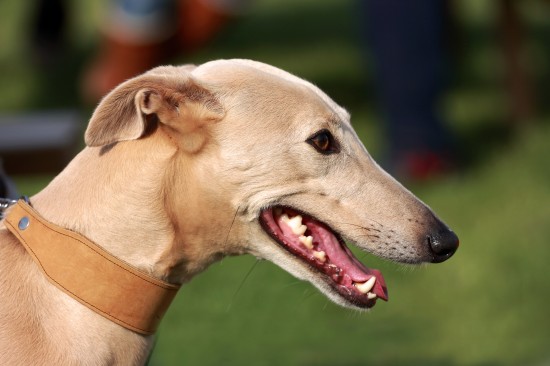 Is A Lurcher A Good Choice Of Pet?
Is A Lurcher A Go
Is A Lurcher A Good Choice Of Pet?
Is A Lurcher A Go
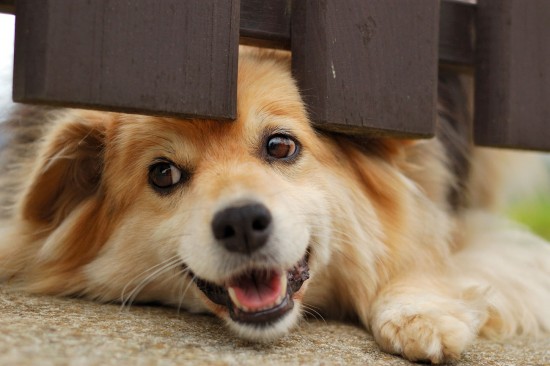 Ten Steps To Resolving Serious Separation Anxiety In Dogs
Ten Steps To Reso
Ten Steps To Resolving Serious Separation Anxiety In Dogs
Ten Steps To Reso
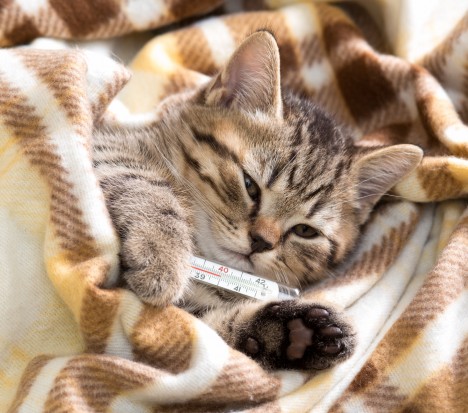 Feline Calicivirus (fcv) And How It Is Transmitted
Feline Caliciviru
Feline Calicivirus (fcv) And How It Is Transmitted
Feline Caliciviru
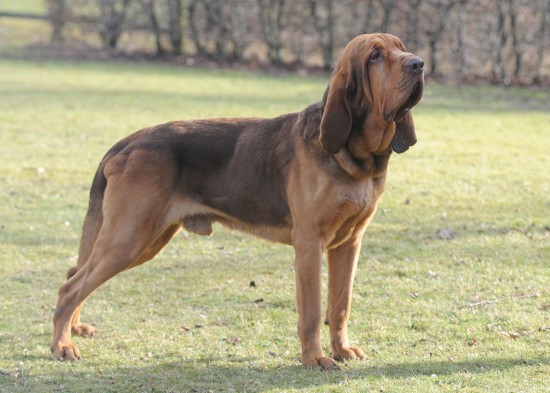 Vulnerable Native Uk Dog Breeds - The Hound Group
Vulnerable Native
Vulnerable Native Uk Dog Breeds - The Hound Group
Vulnerable Native
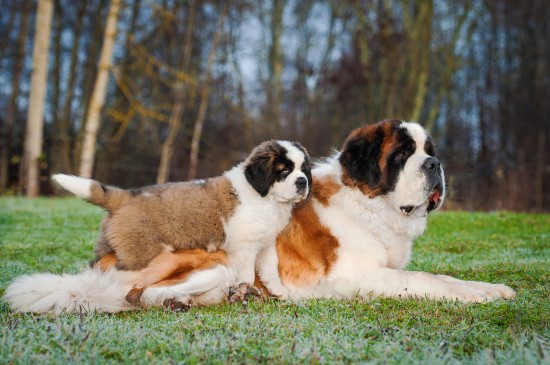 Predicting The Adult Size Of Your Puppy
Predicting The Ad
Predicting The Adult Size Of Your Puppy
Predicting The Ad
Copyright © 2005-2016 Pet Information All Rights Reserved
Contact us: www162date@outlook.com